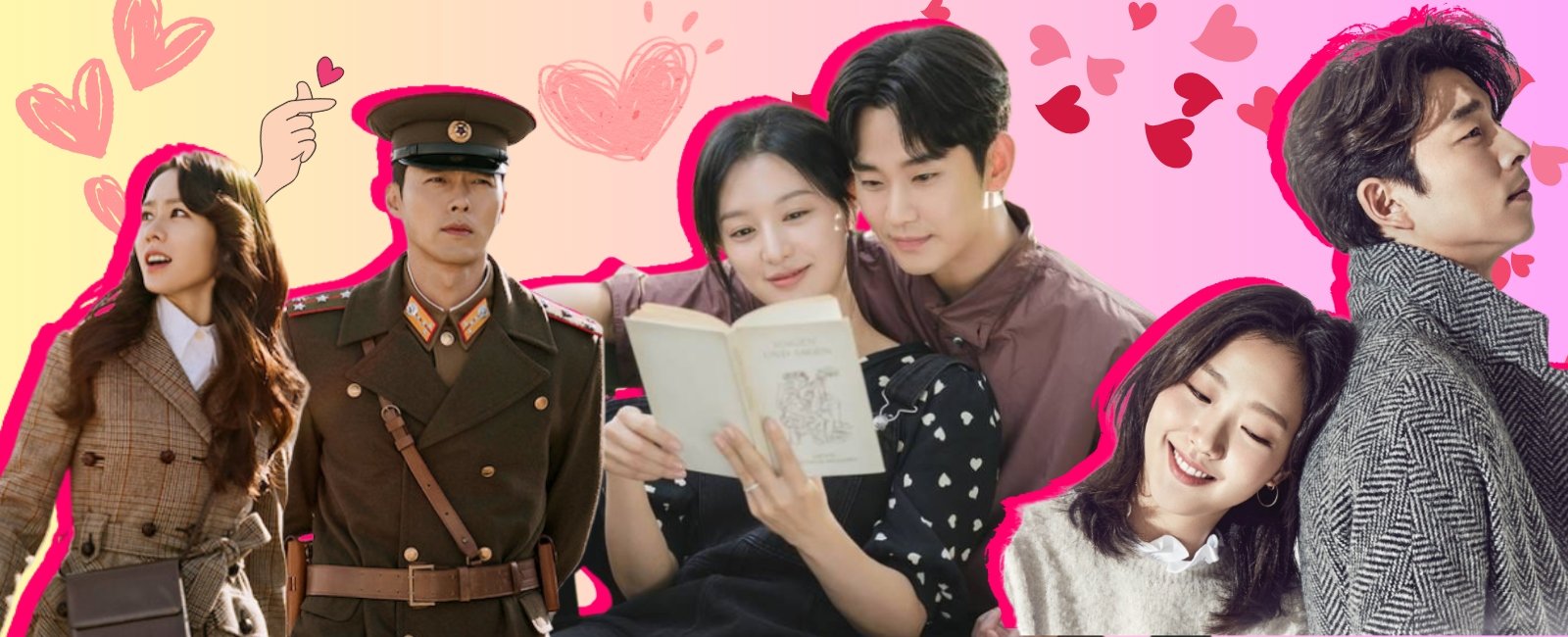Lessons on love and life Korean dramas taught me
K-dramas present love as an imperfect emotion, emphasising communication, friendship, growth, and community

Just as Son Ye Jin entered Hyun Bin’s reel and real life in Crash Landing on You, K-dramas entered mine during the COVID-19 pandemic. The two leads, who ended up marrying each other in real life, opened a refreshing world of entertainment for me.
When the world was at a standstill, Pakistani dramas didn’t have much to offer. But when it revived within a couple of years, Pakistani dramas, unfortunately, became less engaging and more traumatising, primarily focusing on the same old family feuds, polygamy, love affairs, jealousy, domestic abuse, and power politics. There are always exceptions, but the good ones are few and far between. On the contrary, K-dramas continued to offer a multitude of genres mirroring society and human emotions.
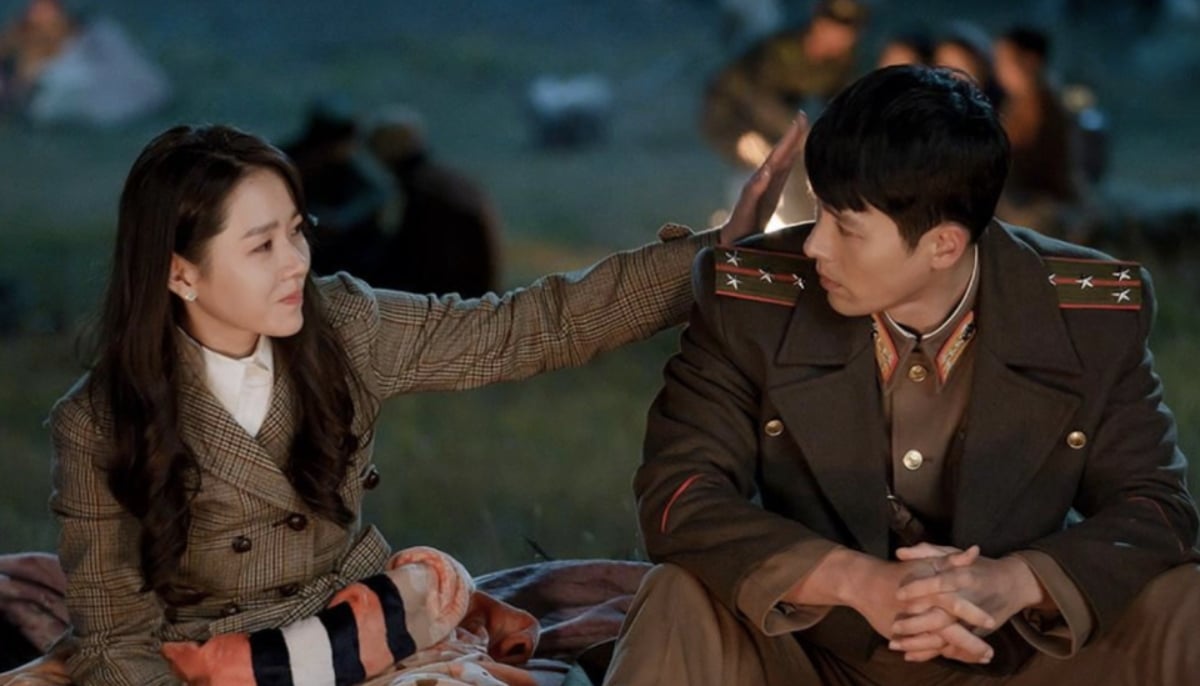
South Korean and Pakistani cultures are radically different except for the prevalent patriarchal thoughts. However, the human emotions we experience are universal, transcending any differences. The contrast I’m drawing between the two dramas is only possible due to identical formats — a 45-minute episodic series lasting for 16 to 22 weeks — which is quite similar to Pakistani dramas (unless you binge-watch your daily dose).
Korea’s soft power appeals to millennials, Gen Z, and Gen Alpha alike. The allure of beautifully packaged, relatable human stories (and yes, the extremely gorgeous men and women) has made its place in the hearts of all age groups or genders, despite being in a language alien to us. Korean dramas have mastered the art of storytelling, making them a global phenomenon.
Korean dramas are a reflection of our lives in more ways than we can anticipate, and the portrayal of love is indeed one of them. The unconventional storylines are good for the soul and have influenced my views on love over time. This Valentine’s Day, I jot down some of the love lessons learnt from K-dramas shared by their popular characters, explore what Korean dramas have taught me about love, and speak with other K-drama fanatics who also view this unbelievable side of entertainment consumption from the lens of love.
But first, let's take a look at the lessons.
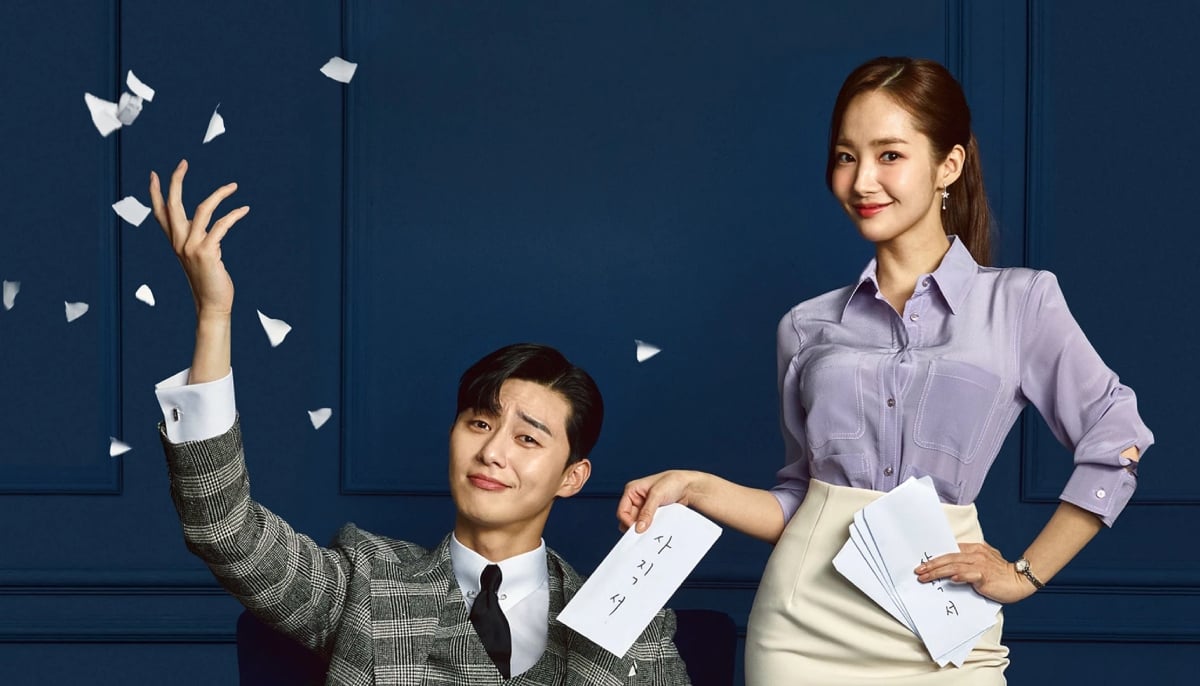
“People say that it’s valuable to sacrifice yourself in life, but it’s actually not. You just lose yourself by suffering and sacrificing. In any circumstances, the most important thing is yourself. Never forget that you’re the most precious and the top priority at any moment.” – Lee Young Joon in What’s Wrong with Secretary Kim
Choose what makes you happy in life, whether it is a career, a friend, or a life partner. Step away from toxicity because if you do not treat yourself with love, no one else will.
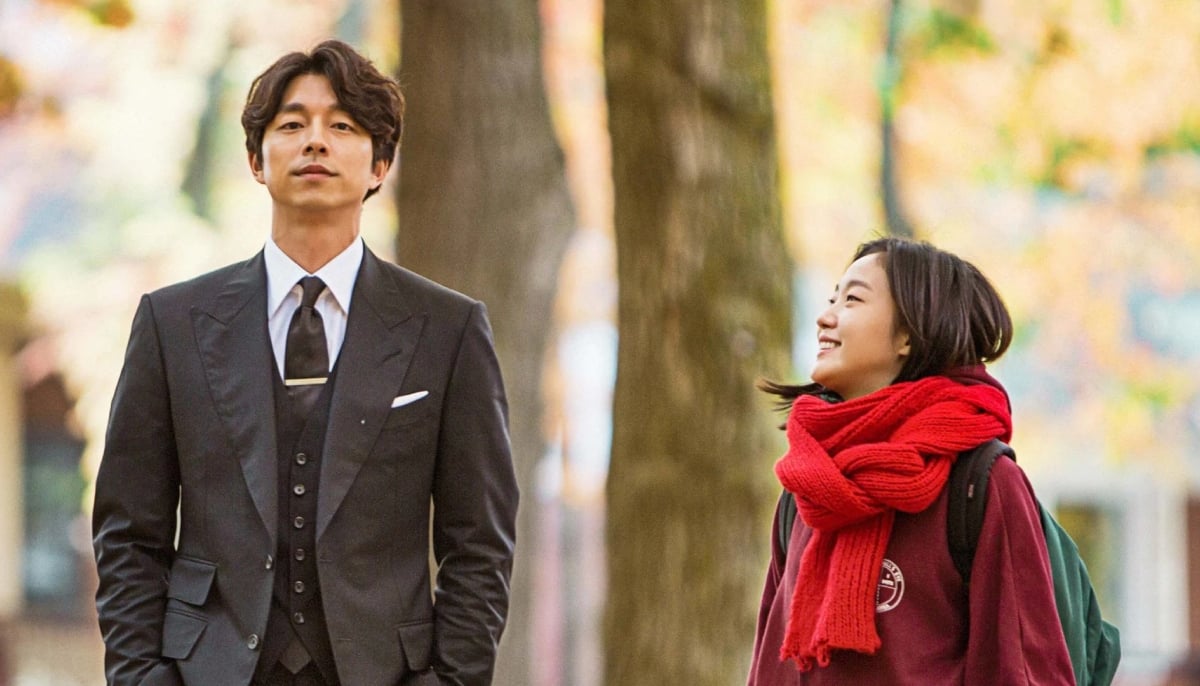
“The ones left behind must go on living. It is okay to cry once in a while, but you should laugh a lot too. You need to be strong too. It’s the right thing to do since you’ve received love.” – Ji Eun Tak in Guardian: The Lonely and Great God
Love, like most things in life, is beyond anyone’s control. Fight for what we desire, but also realise when to stop fighting a losing battle as closure comes from nowhere else but us.
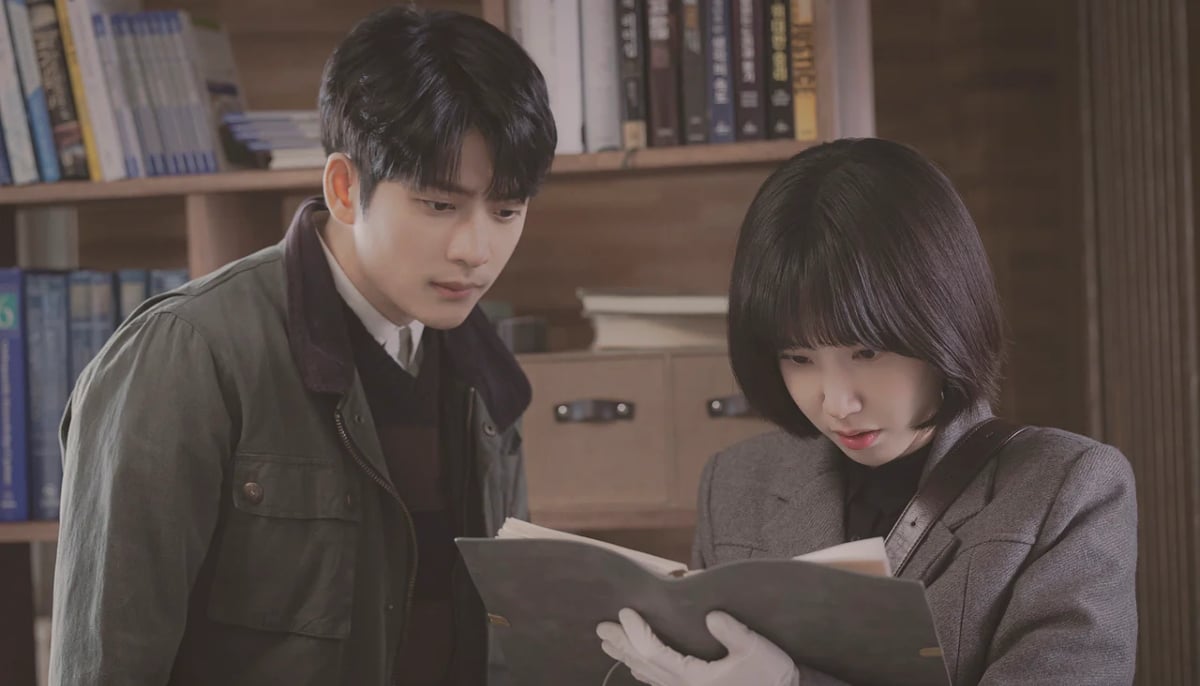
“Can I touch you just once? I want to check whether or not I like you.” – Woo Young Woo in Extraordinary Attorney Woo
Hundreds of K-dramas blatantly promote NO means YES, but every once in a while comes a script like Extraordinary Attorney Woo, One Spring Night, Home Town Cha Cha Cha, Reply 1988, and The Smile Has Left Your Eyes that shows you the charm and power of consent.
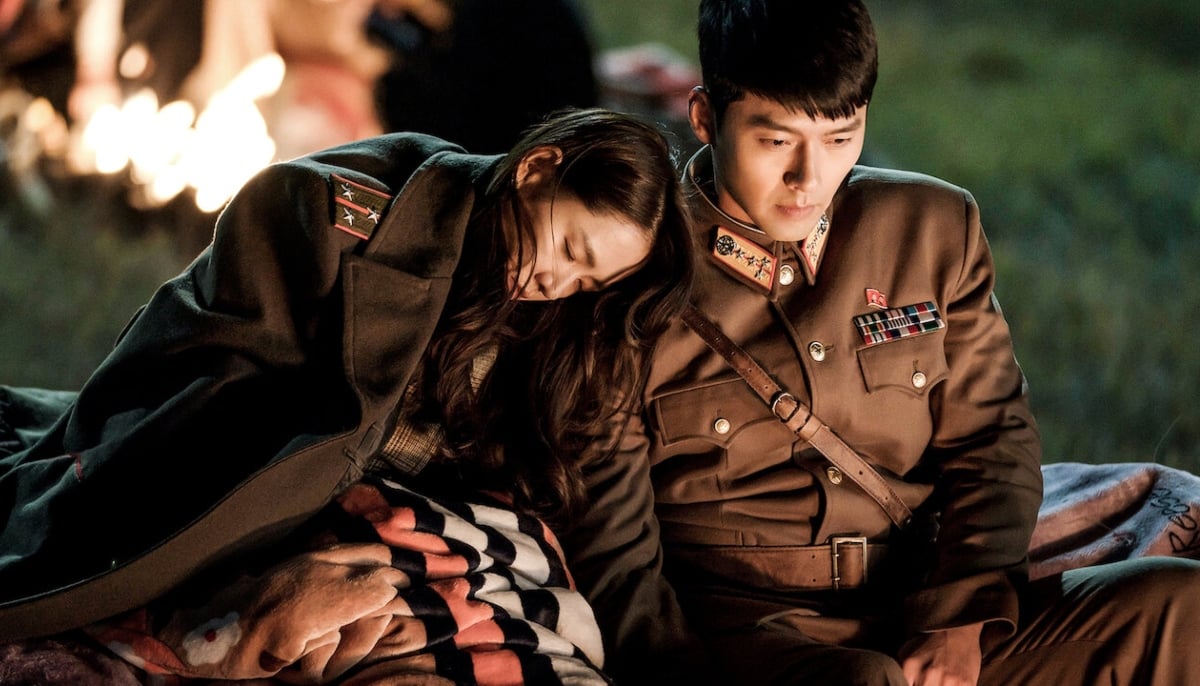
"Sometimes, the wrong train takes you to the right station." – Crash Landing on You
You can find love in a hopeless situation. Life doesn’t end with one bad experience, marriage, wrong career choice, or even when a South Korean heiress falls in love with a North Korean soldier. When there is a will, love will find its way.
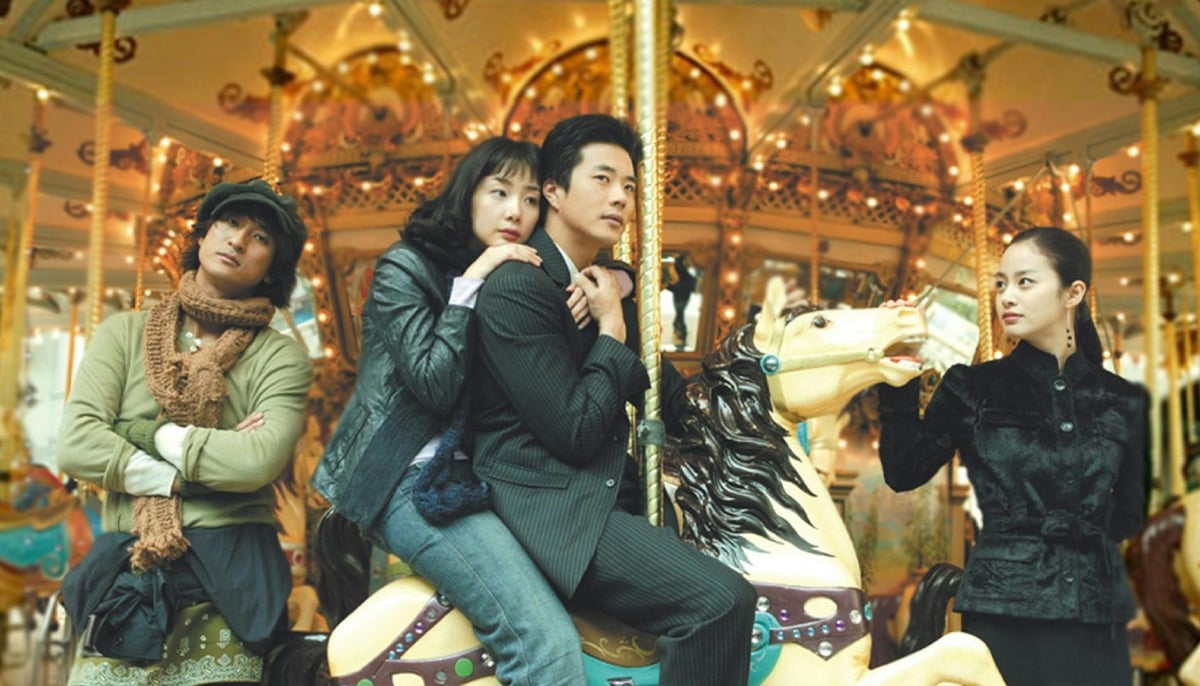
“Love comes back.” – Cha Song Joo in Stairway to Heaven
Second chances are okay. Even an old flame can reignite, and love can bloom twice (except after infidelity) by rediscovering each other and communicating openly, like Queen of Tears or Yumi’s Cells.
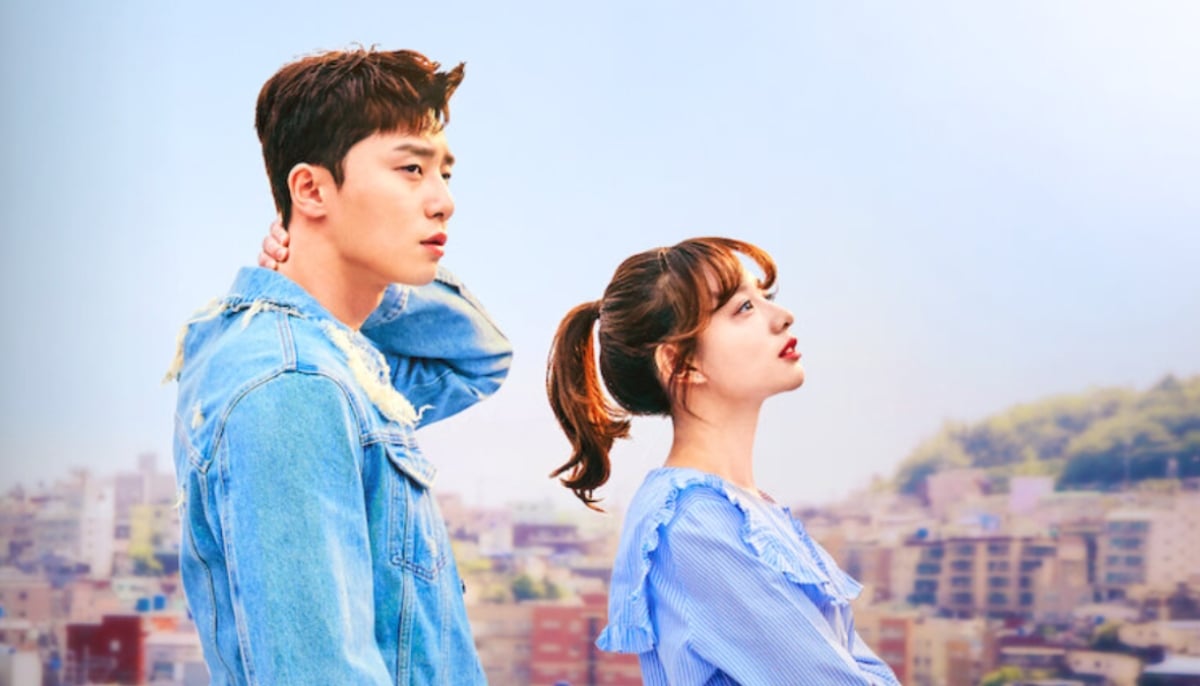
“When you want to cry, pretending that you are okay is not cool. When you want to cry, just crying is the cool thing to do.” – Go Dong Man in Fight for My Way
Look for an emotionally supportive partner that stands beside you irrespective of what life throws at you, like Joo Yeo Jeong joins the hunt for his lady love in The Glory.
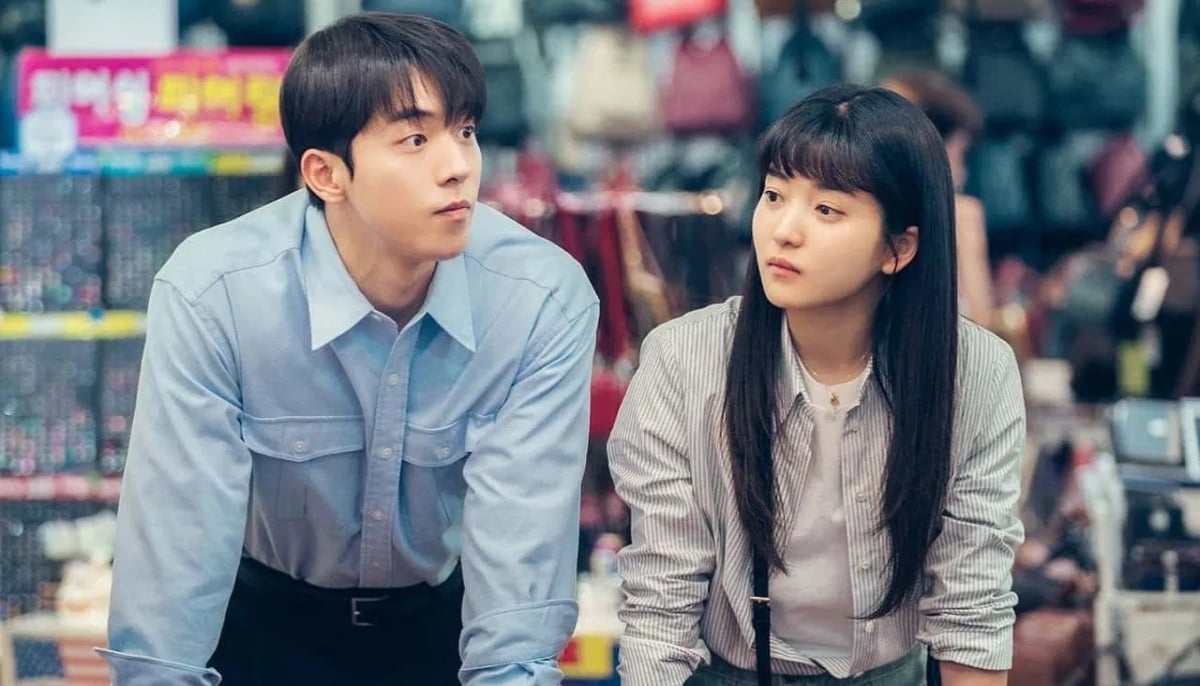
“That’s called having mental fortitude. Everyone wants to be as strong-minded like you. They don’t want to be scared of losing and failing. Sometimes, I wish I could take it from you.” – Baek Yi Jin in Twenty-Five Twenty-One
The concept of an "Alpha woman" is not foreign in K-dramas. They break the stereotypical gender depiction; men can be vulnerable or homely, women can be assertive, emancipated, or vice versa.
What Pakistani women think about love in K-dramas
Korean shows are all the rage in Pakistan, and as major OTT platforms like Netflix and Disney+ decide to release popular titles, old and new, their popularity is soaring. This is making K-dramas more accessible to a wider viewership. Pakistani women of different age groups and from all walks of life watch these shows and discuss them on dedicated K-drama forums on Facebook, Instagram, and X. They love what K-dramas offer in terms of entertainment, yet they also insist that these stories are much more than mindless entertainment.
Ramsha, a 32-year-old marketing professional, believes that K-dramas have a way of making love feel both grand and deeply personal. “One thing I've learned from shows like Hospital Playlist is that love isn’t just in dramatic confessions but in everyday moments, like sharing meals, lending a hand, and showing up without being asked.”
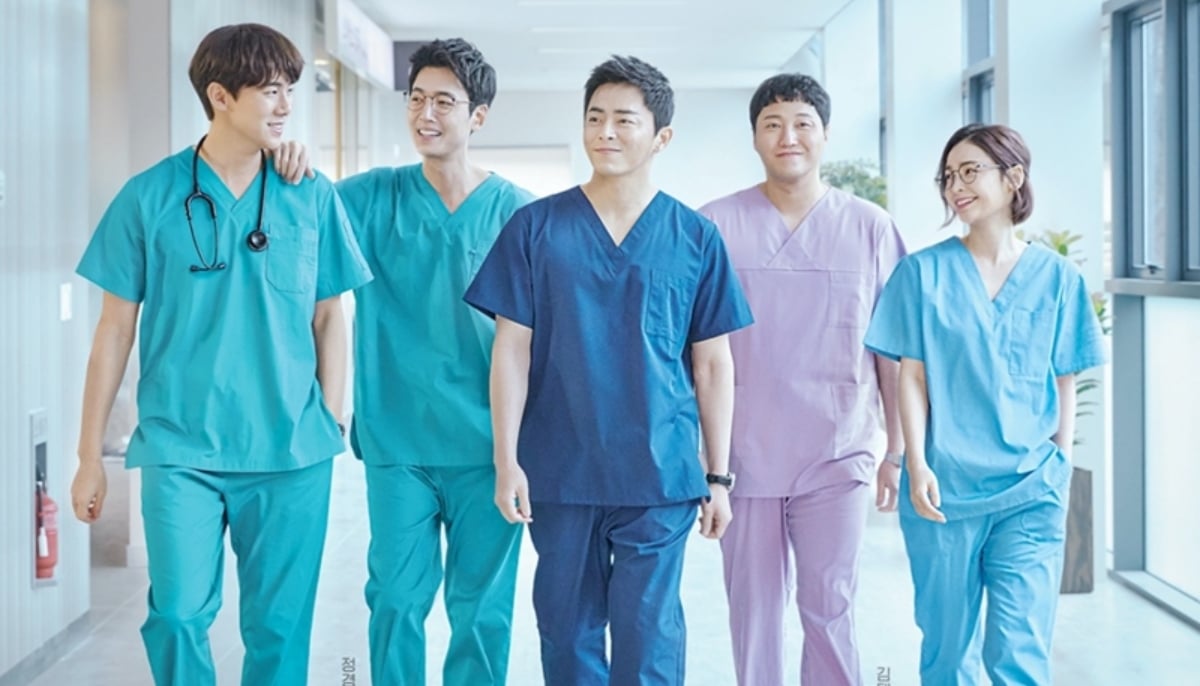
She shares that some dramas stay with you long after their finale, and Reply 1988 is that one show for her and her mum. It changed her view on relationships, and she learned that not outgrowing the need for connection does not make one immature. It makes them human.
“It made me realise that no matter how old we get, we all need people in our corner. Friendship, love, and support are just as important for our parents and grandparents as they are for younger folks like us,” said Ramsha.
Zobiah, a 19-year-old student, thinks K-dramas teach people to love wholeheartedly and selflessly.
"Whether it's a wealthy CEO purchasing extravagant gifts or a countryman cooking for his lover, whether it's a best friend helping you feel proud of yourself or your office colleagues becoming your best friends, K-dramas introduce us to all these different ways we can show love to others, not just simply to make them happy, but to make them feel secure, included, and content," she said.
Zobiah realised that the best moments of life end sooner than one could imagine. "One day you are there enjoying and making the most out of the day with the people you cherish, and then suddenly everything is over and you are left alone with nothing but memories." So, she emphasises that the key is to take some time out of your busy life "to be with the ones you care about and just enjoy the moment before it is too late".
Soobia, a 34-year-old lawyer, believes "love in K-dramas is always based on mutual respect and equality. The female lead is never submissive (except on an odd occasion), nor do they change their personalities for their respective partners".
Her observation is that none of the couples disrespect or abuse their partners without any consequences. Abuse or wrongdoings of any kind are always addressed, and in the last episodes, the couples always "verbally acknowledge their wrongs and apologise".
But all that glitters is not gold
Despite all the fluff, fantasy and beautiful notions of love, Korean dramas are not free from toxic tropes. They have a knack for presenting highly twisted definitions of love that can make women squeal with joy. The ‘damsel in distress saved by a knight in shining armour’ is the most recurring routine. K-dramas highly romanticise problematic behaviours to sell the adage “girls like bad boys”.
Nevertheless gave me the biggest shock because the girl leaves a green forest like Yang Do Hyeok for the commitment-phobic Park Jae Eon. Other examples are popular leading men like Baek Seung Jo in Playful Kiss or Goo Jun Pyo in Boys Over Flowers. Sometimes these characters grow and change for the better, but more often their toxicity blurs the lines between love and control.
In the K-drama universe, a rich, handsome, and fashionable guy can get away with stalking because he has a playful demeanour. They imply that a flawless man is going to great lengths to pursue a woman, but in real life, such invasive acts should result in restraining orders.
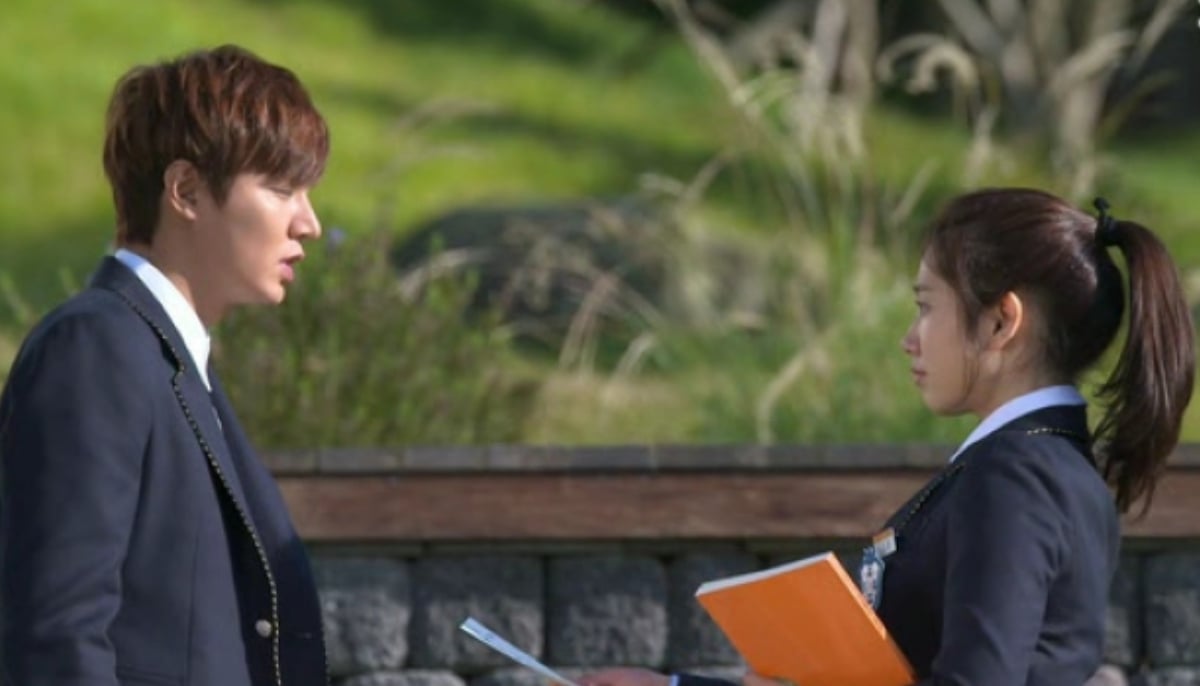
Physical intimacy is also a pertinent concern in K-dramas. Incapacitated, drunk, or simply reluctant women are quite common. Dramas like Boys Over Flowers and The Heirs are a hot mess of consent issues, but recently Business Proposal also glamorised questionable intimacy.
Korean dramas challenge Western perceptions of love and encourage slow-burn romance. They present love as an imperfect emotion, emphasising communication, friendship, growth, and community. I suggest practising discernment and not carelessly accepting all kinds of scripts. After all, you cannot be a Goblin’s bride [Guardian: The Lonely and Great God], the saviour of a nine-tailed fox aka Gumiho [My Roommate is a Gumiho], or a schoolgirl time-travelling to save the love of her life [Lovely Runner], but the lessons given in these stories have a refreshing outlook on love in the world that wants conformity.
Syeda Zehra is an entertainment and lifestyle journalist with an insatiable appetite for good stories. She posts on Twitter @ ess_zehra and Instagram @syd_zeh
Header and thumbnail illustration by Geo.tv



